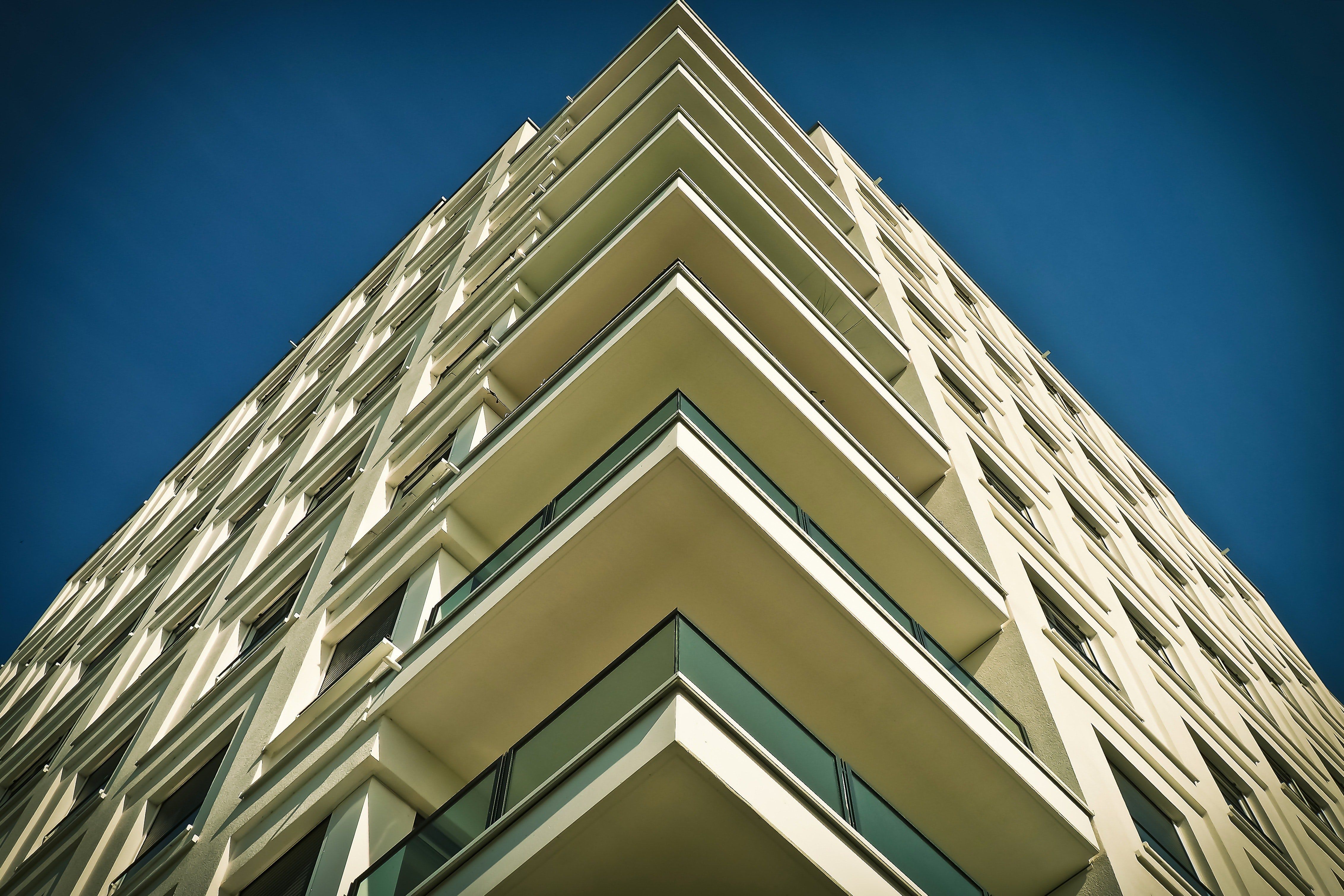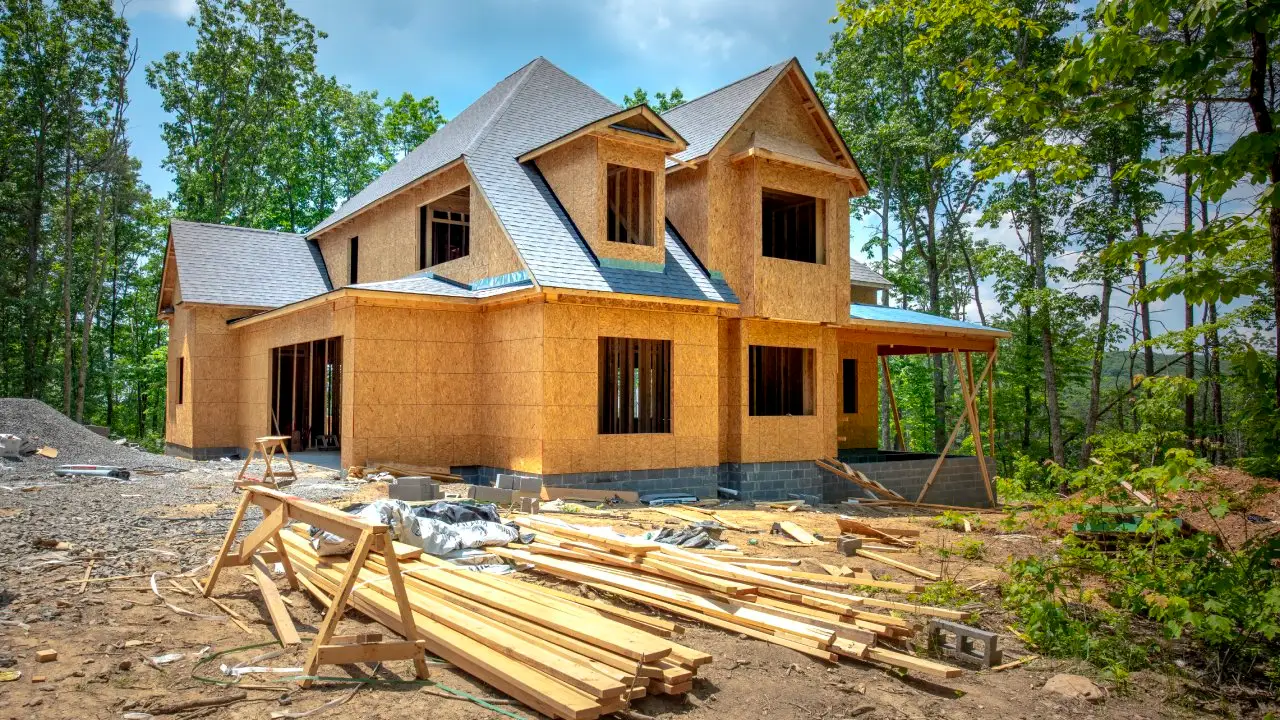The terrible story of the 2015 Berkeley Balcony Collapse has spurred legislation that is now going to affect the way that apartment buildings are maintained in the state of California. In mid-September, Governor Brown signed Senate Bill 721 into law. The bill will amend California Health and Safety Code § 17973 to require destructive testing to be performed on load-bearing, wood-framed exterior elevated elements (balconies) every six years. Of note, prior to Gov. Brown’s signing the bill, it was amended to not include common interest developments (condominium complexes) in the new maintenance scheme.
These inspections must be paid for by the building’s owner and performed either by a licensed contractor, architect, or civil or structural engineer, or a certified building inspector or building official from a recognized state, national, or international association. The inspection must take a sample of at least 15% of the load-bearing components as well as any waterproofing elements of the balcony to determine whether they pose any threat to life safety. In an effort to prevent any gaming of the system, future reports will need to attach the old reports and evidence that the new sample was from a different location than had been previously inspected.
If repairs are identified as being needed, emergency repairs must be made immediately. For non-emergency repairs, a permit must be applied for within 120 days and the repair completed within 120 days of the permit’s issuance. Of note, in compliance with the recently amended Business & Professions Code § 7197, the inspector, even if they are a licensed general contractor, cannot also make the repairs. If repairs are not completed within 180 days, civil penalties of $100-$500 per day may be imposed.
Owners of buildings with wood-framed balconies have until January 1, 2025 to complete an initial inspection pursuant to the amended code section, and thereafter must comply with the new 6-year inspection routine.[1] Any building that is currently being converted to condominiums to go on sale after January 1, 2019 must have the inspection completed prior to the first unit’s close of escrow.
The purpose of SB 721, to avoid another tragic accident on what was eventually found to be a wood-framed balcony in need of repair, is going to result in additional costs to building owners as well as additional opportunities for building inspectors to provide their services to owners. An unfortunate potential result of these invasive inspections could be damage caused by the inspection itself. Only time will tell whether this new requirement by the legislature will actually prevent further tragedy, but in the near-term, building owners will need to make sure that they comply with the new investigation requirements.
[1] Owners who completed an inspection that complies with the new Health and Safety Code § 17973 between January 1, 2016 and January 1, 2019 will be permitted to use that inspection as the initial inspection.




